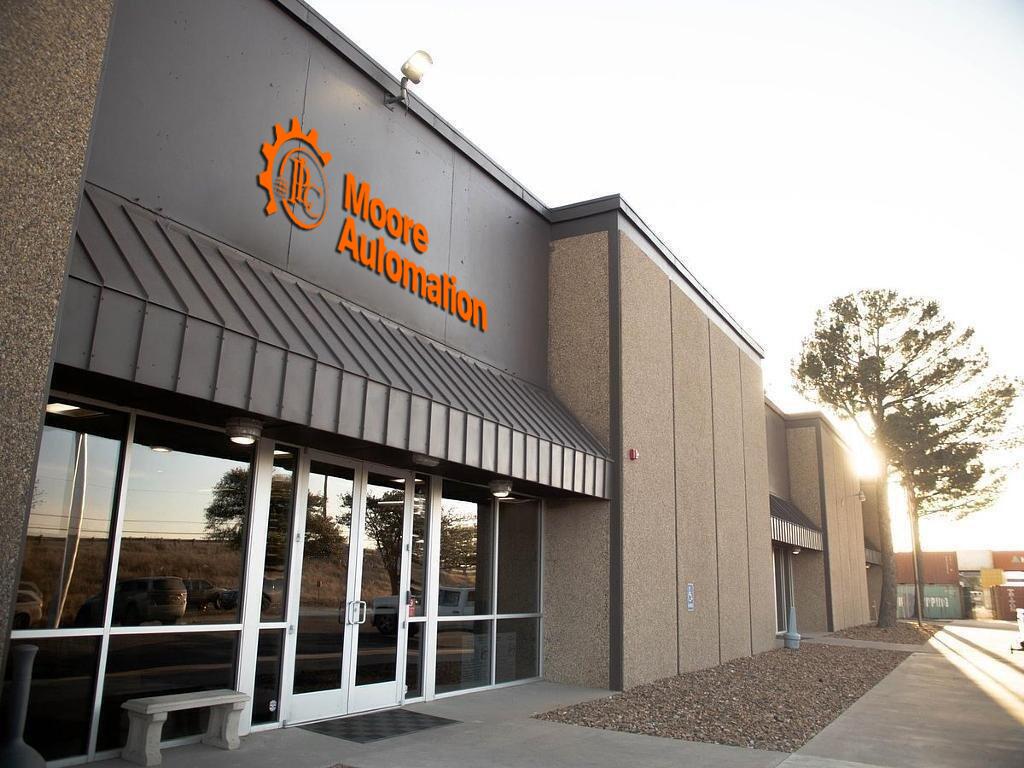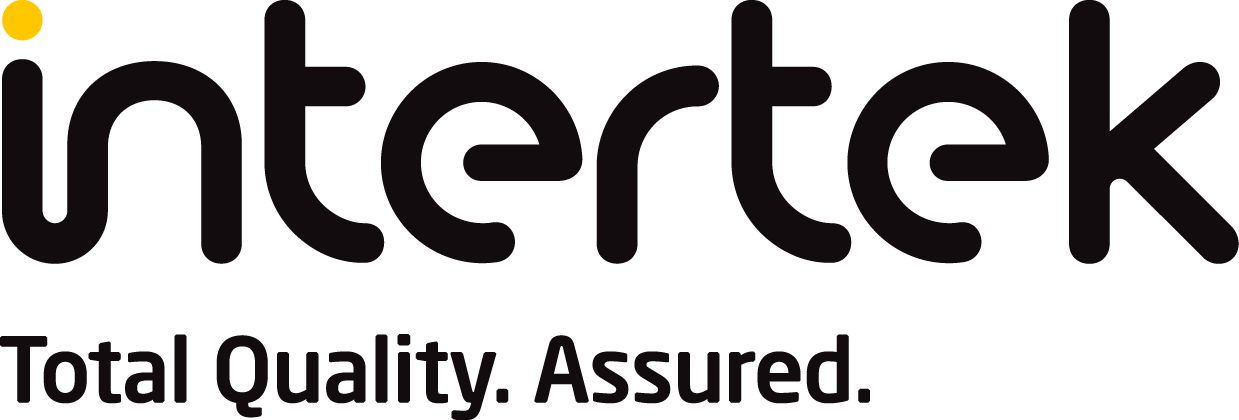What you can expect from Moore Automation
|
WHO WE ARE |
OUR MISSION |
WHAT WE DO |
|
Moore Automation gives you access to a global supply of automation parts at your fingertips, ensuring that manufacturers can avoid unnecessary downtime. No matter where in the world, we are committed to helping businesses save millions in lost revenue. |
To supply the manufacturing world with industry-leading parts, service and speed. |
We understand the urgency and importance of reliable lead times when a downtime situation strikes. Discover how we do our part to keep your production lines moving. |
|
|
|
What does Moore Automation is Supply? |
|
|
|
|
|
SGS is a Swiss multinational company headquartered in Geneva, which provides inspection, verification, testing and certification services. |
TÜV Rheinland is a global leader in independent inspection services. Our experts stand for quality and safety for people, technology and the environment. |
Intertek provide a fully integrated portfolio of Assurance, Testing, Inspection and Certification ('ATIC') Services that deliver complete peace of mind across all products, services and operating systems. |

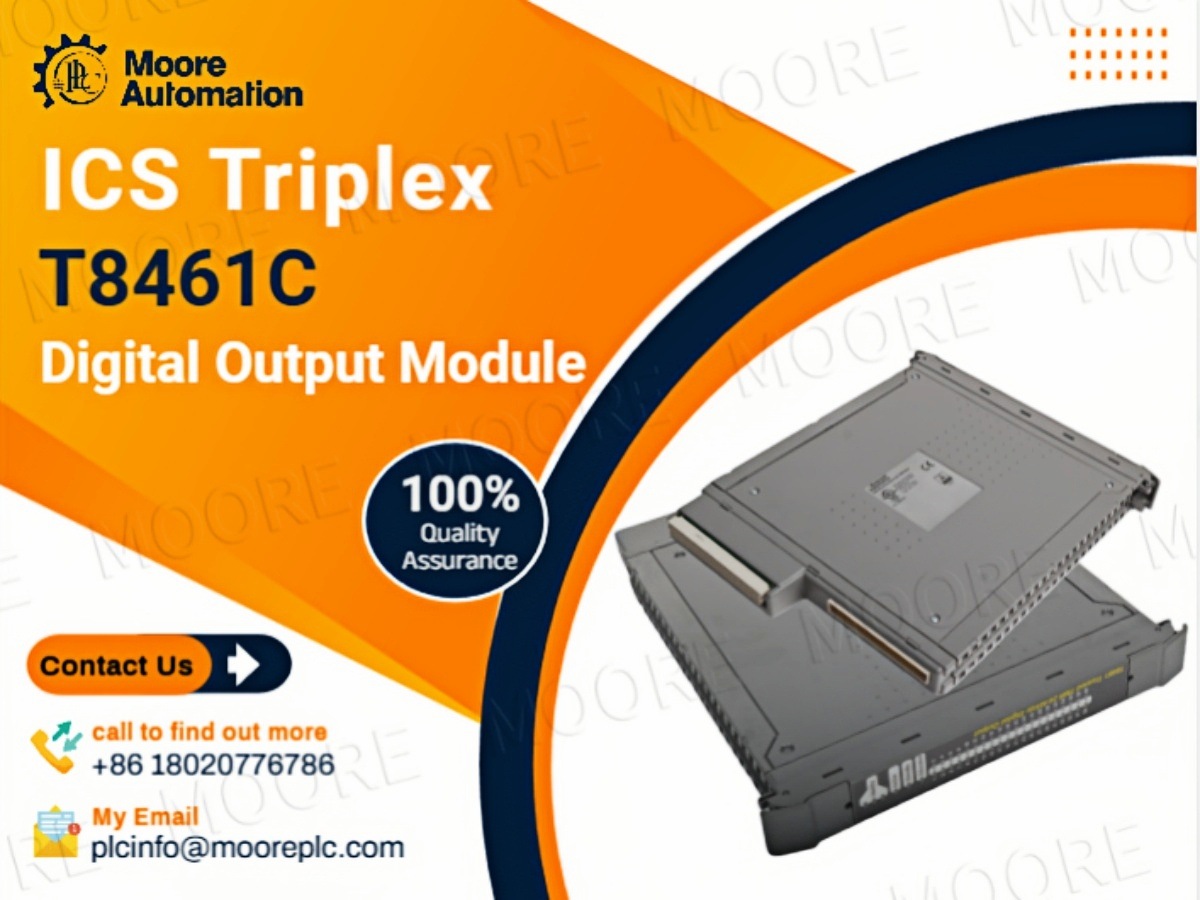 02/02
02/022026
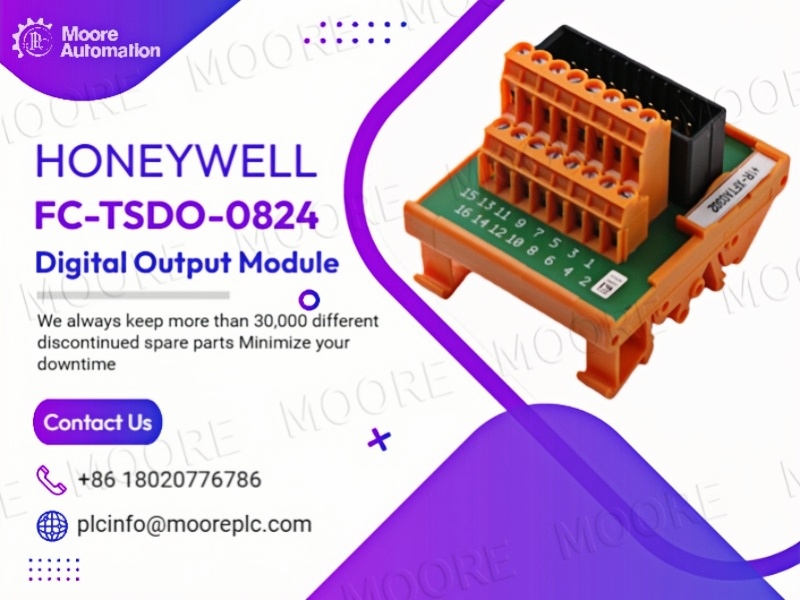 28/01
28/012026
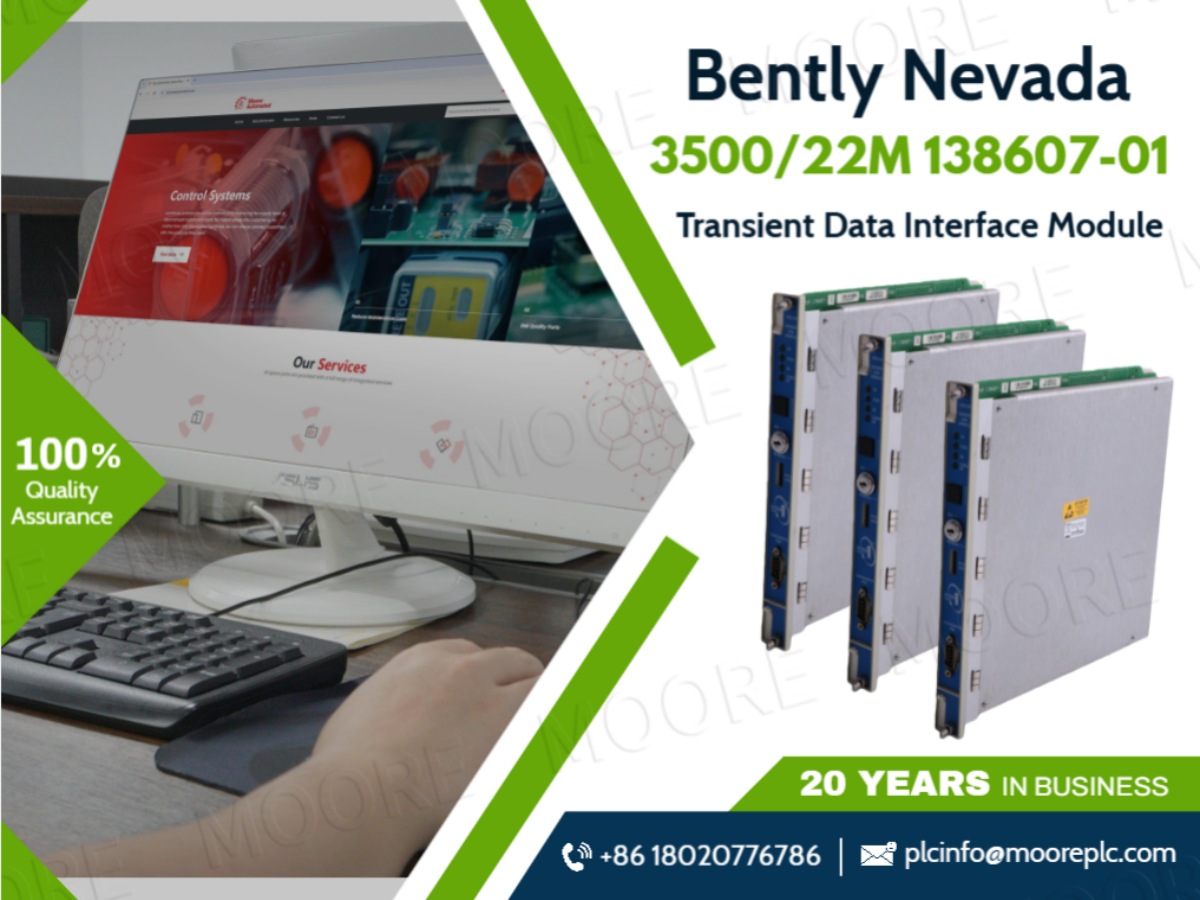 20/01
20/012026
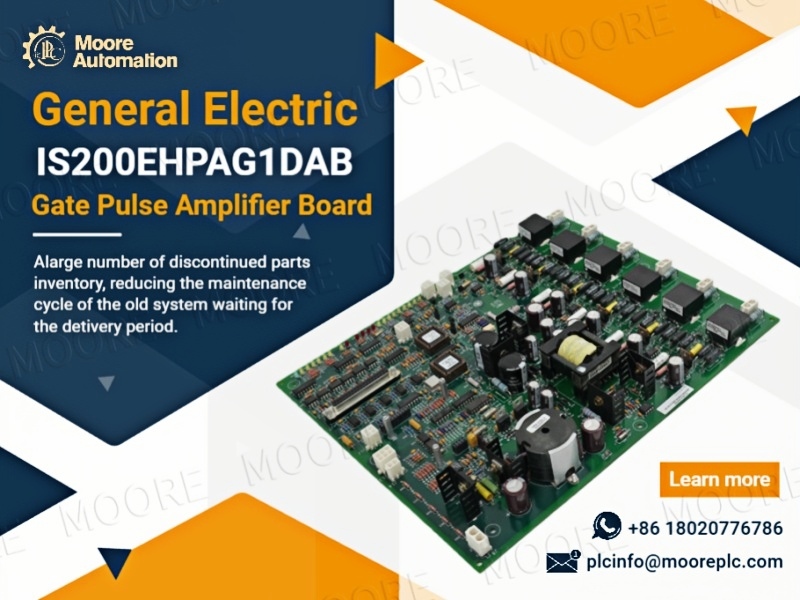 13/01
13/012026
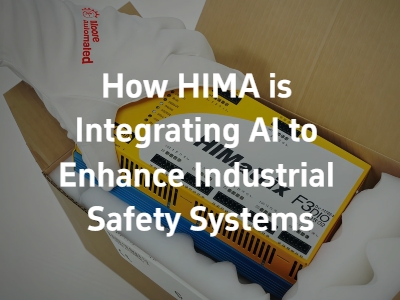 04/02
04/022026
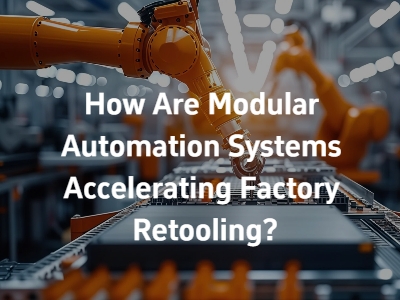 30/01
30/012026
 22/01
22/012026
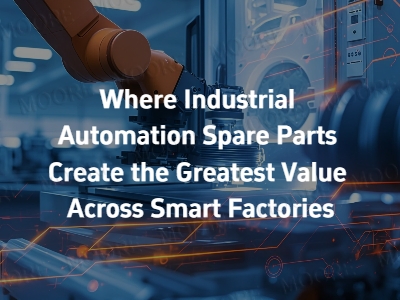 15/01
15/012026

32D floor, Guomao building, Hubin South Road, Siming District, Xiamen City, Fujian Province, China.



